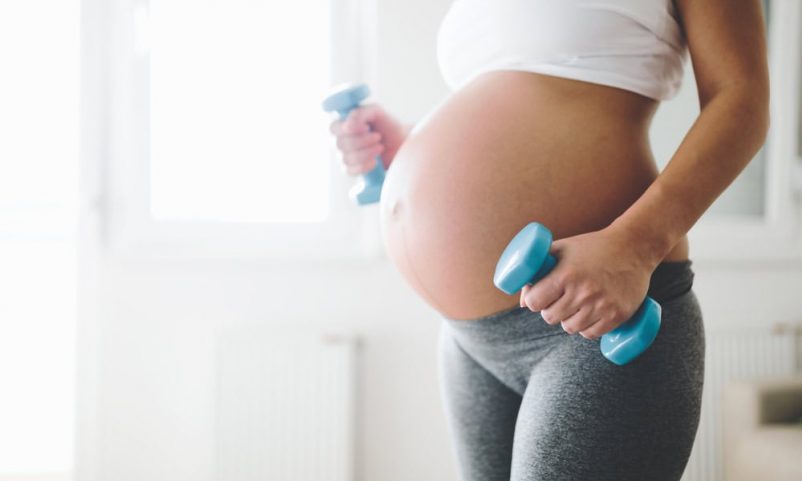If you are reading this article, congratulations on your pregnancy!
Pregnancy is usually a whole new experience for women, especially mothers going through it for the very first time.

This journey can be terrifying, joyous and a whole emotional roller coaster all at the same time. You may start to experience various signs and symptoms that may seem strange and foreign to you.
But before you start scaring yourself and freaking out about your pregnancy being abnormal, read on to find out exactly what changes to expect in your body during your pregnancy!
Here are 10 common body changes during pregnancy and how you can cope with them:
1. Morning Sickness

One of the nastiest parts of pregnancy is that morning sickness you experience, leaving you feeling nauseous all the time with barely any appetite to eat.
The good news is that this usually improves significantly after the first trimester for majority of women.
What To Do: Take anti vomiting medications prescribed by your doctor, drink plenty of fluids and stay hydrated. Eat smaller meals but at more regular intervals, avoiding spicy and oily food.
If your vomiting is so severe that you are unable to tolerate anything orally or have signs of dehydration, go to the hospital immediately. You may need intravenous hydration and medications or even a hospital admission.
2. Heartburn And Gastritis

Acid reflux, heartburn and gastric problems are common in pregnancy due to the hormonal changes that lead to changes in your intestinal system.
What To Do: Take anti reflux medications to soothe your symptoms. Eat smaller meals and avoid oily or spicy food. Avoid over eating, suppers or lying down right after eating.
3. Abdominal Discomfort
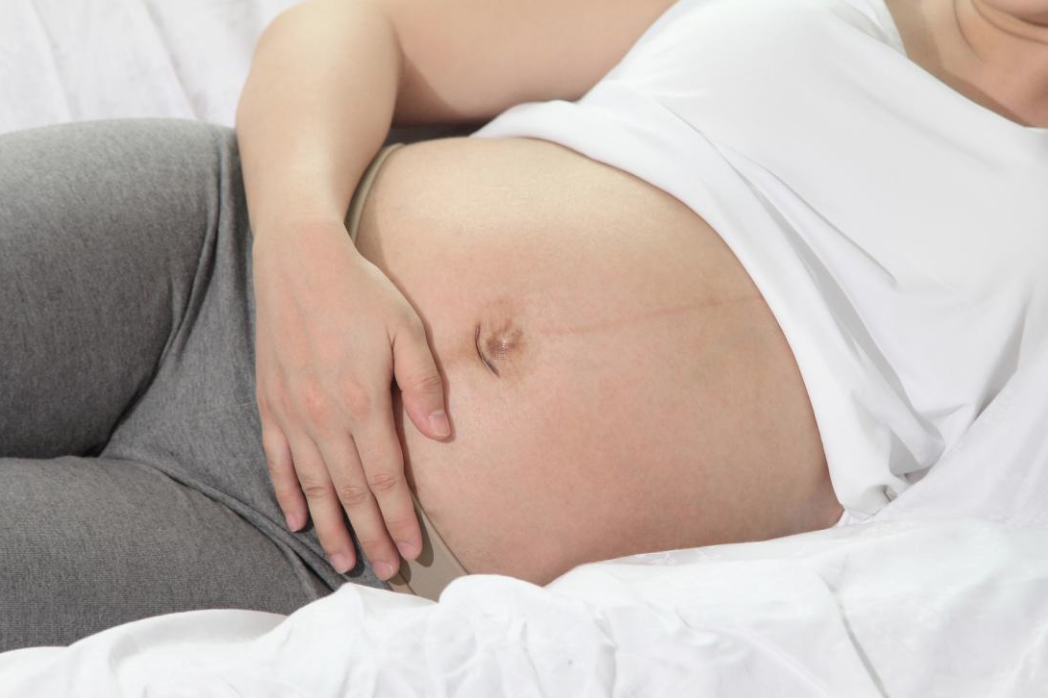
You are now carrying your little one inside your womb, and your little one is growing in size each day. As the baby grows, your womb naturally gets bigger as well.
This increase in size will naturally cause more stretching of the abdominal muscles, which can lead to these feelings of discomfort.
What To Do: Regular walks and light exercise can help to relieve this discomfort. Basic painkillers such as Paracetamol can also help and is safe in pregnancy.
While it may be normal to feel some discomfort, it is NOT normal to feel severe pain. Any of such symptoms should be evaluated by your doctor as early as possible.
4. Increased Effort In Breathing
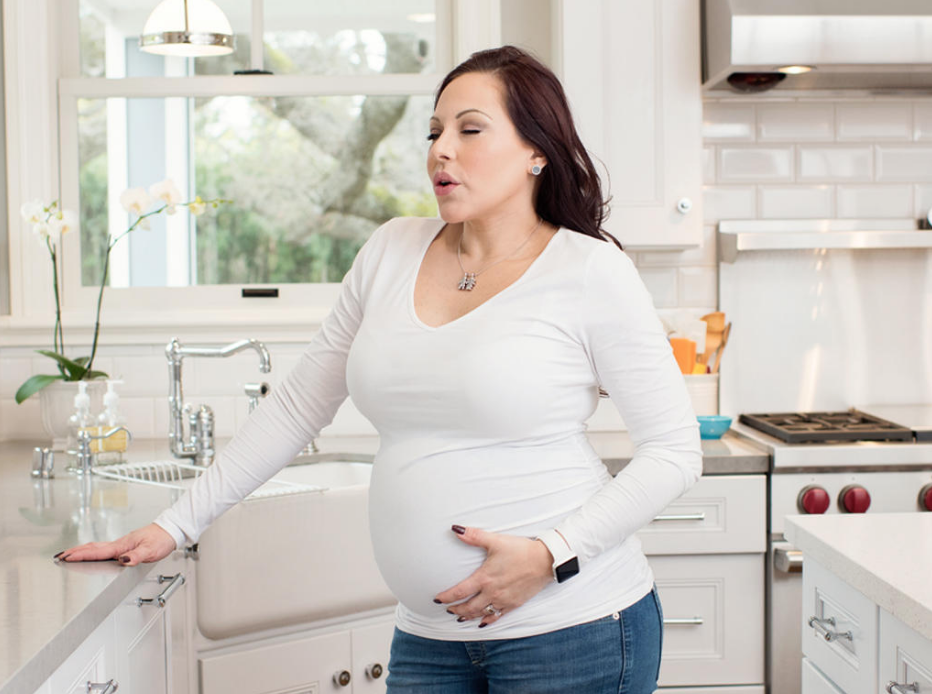
What we mean by this is a slightly increased effort of breathing, and NOT acute shortness of breath.
The growing womb will lead to splinting and stretching of the diaphragm (breathing muscle), which can lead to slight discomfort or more effort during regular breathing.
This should NOT be accompanied by other symptoms such as chest pain or giddiness.
Mild discomfort is normal, but should not be confused with acute breathlessness or difficulty in breathing, which may indicate something more serious.
What To Do: If you experience any acute shortness of breath with other symptoms, see a doctor immediately.
5. Regular Aches And Pain
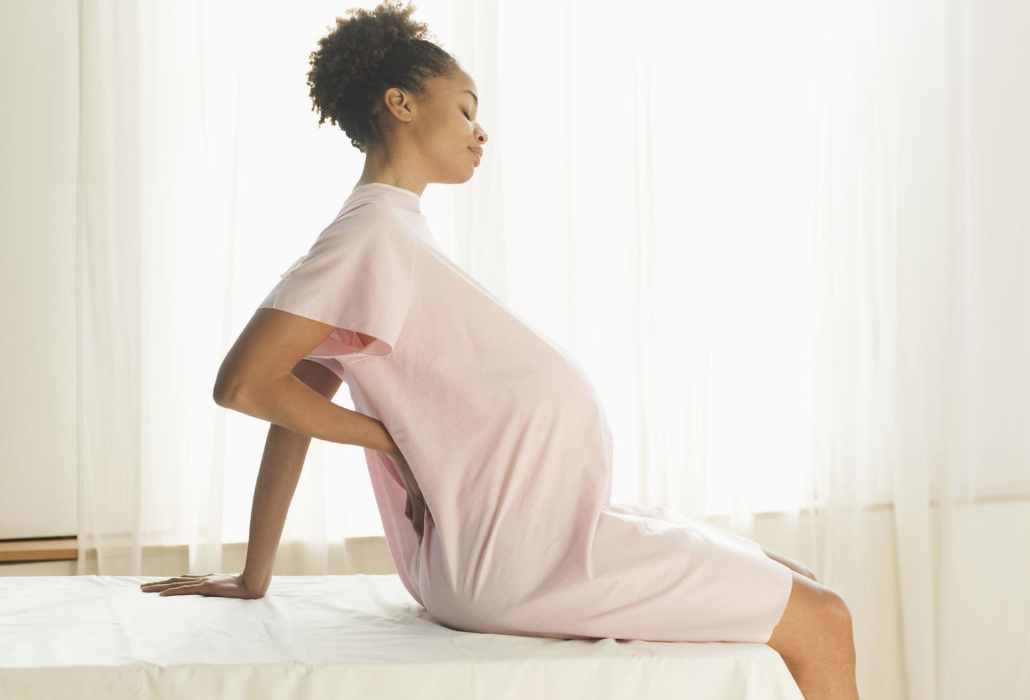
The good news: This is one of the most common complaints amongst pregnant women. You are not alone!
The bad news: The aches and pain get worse as your pregnancy progresses.
Why? Your body now has to bear the weight of not just yourself, but another human being!
This little human is growing each day, increasing in size and weight. As your tummy grows, this will lead to increased strain on your muscles and joints, commonly causing back pain, hip pain or leg pain.
What To Do: Take regular walks and exercise regularly to strengthen your muscles and joints. If necessary, you may also take some painkillers such as Paracetamol.
6. Constipation

This is an extremely common problem faced by almost all pregnant women that I see.
Some reasons for this include hormonal changes that affect your digestive system and also prenatal supplements, especially those that contain iron.
What To Do: Drink lots of water to stay well hydrated, eat a healthy balanced diet and stay active. If these simple steps are not enough, you may take laxatives such as lactulose, which are commonly used and safe in pregnancy.
Remember NOT TO STRAIN as this can lead to problems such as haemorrhoids or bleeding.
7. Urinary Frequency Or Incontinence
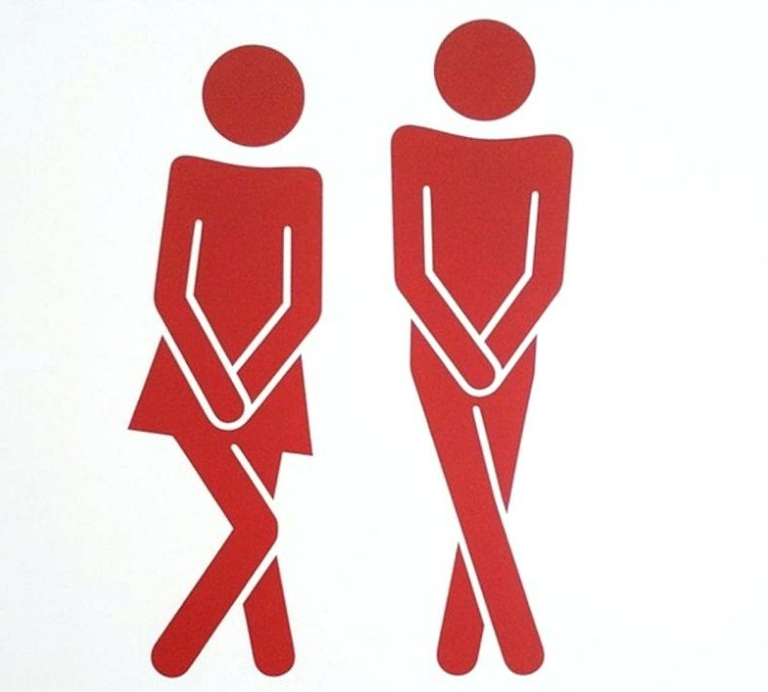
Our bladder is very closely situated, just in front of the womb. As your womb expands during pregnancy, it can lead to external compression on the bladder.
This compression will lead to the sensation of urinary urgency and frequency. Additionally, some women may also experience stress incontinence. This refers to the leakage of urine whenever they cough or sneeze.
What To Do: Try to reduce caffeinated drinks such as coffee or tea, which can make you need to visit the bathroom more often.
8. Leg Swelling And Water Retention
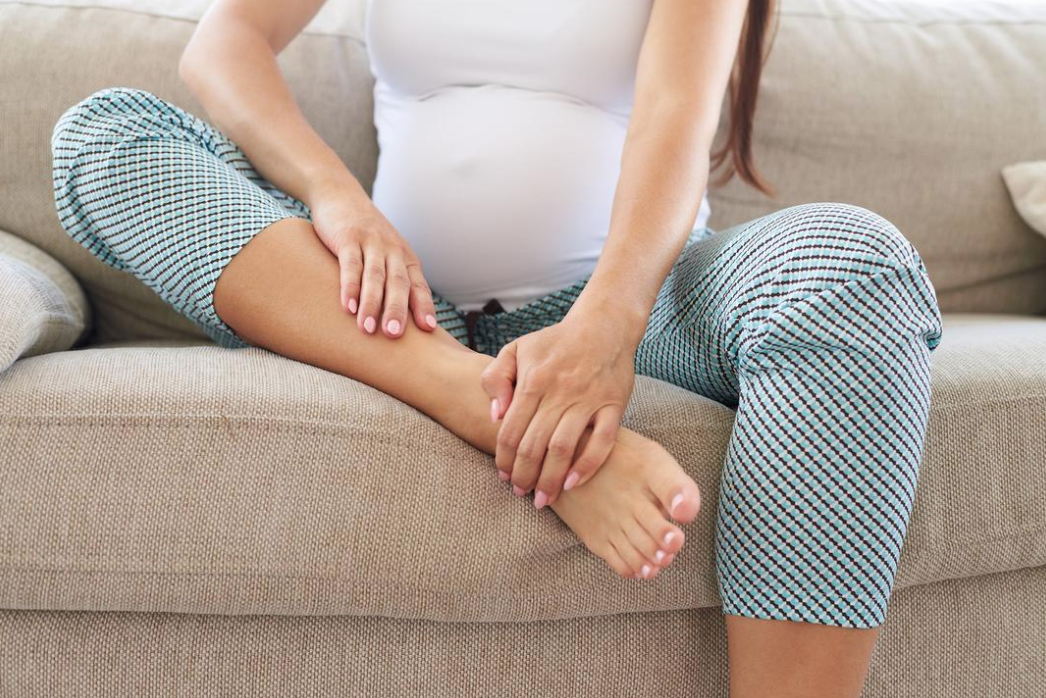
As a result of pregnancy hormones, you body tends to retain more fluid during pregnancy.
This fluid retention can then lead to swelling, especially in dependent areas such as your feet. This most commonly occurs in the 3rd Trimester of pregnancy.
What To Do: Try to elevate your feet when at home, avoid standing for long periods of time and wear compression stockings if necessary. Regular walks and staying active can also be helpful.
9. Mood Swings

The hormonal surge and fluctuations during pregnancy can lead to increased emotions and mood swings in pregnant women.
Pregnancy can be a very stressful period for a woman, especially when you have to cope with the various changes going on in your life, or if the pregnancy is not going as smoothly as you expected.
What To Do: Try to have a good support system during this time, whether it’s your spouse, family or friends. It is useful to have someone to confide in to help you cope better. If required, speak to your doctor who can refer you to someone to help you cope. Remember you are not alone in this journey!
10. Cramps

Lower abdominal cramps that occur on and off are also known as Braxton Hicks Contractions.
Braxton Hicks occurs mainly in the 3rd trimester, more commonly as you approach your date of delivery.
These are also known as “practice contractions” that your womb is going through.
Braxton Hicks are usually milder in intensity and occur far apart, perhaps once or twice in an hour.
What To Do: If you notice cramps that are stronger and happening much closer (eg every 5-10min), these are actual contractions and should be evaluated by your gynaecologist as soon as possible.







